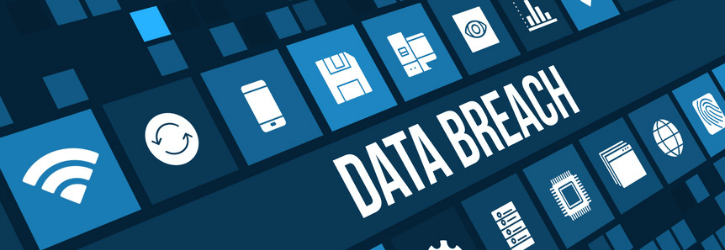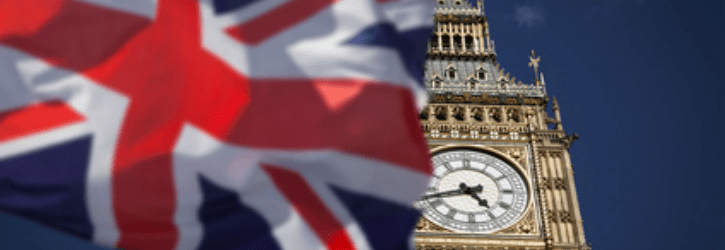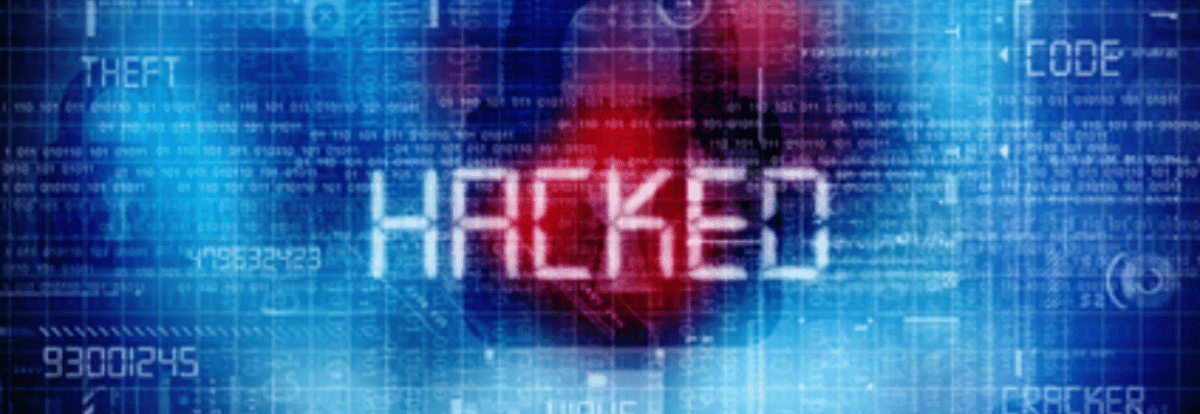
Welcome To The Data Leak Lawyers Blog
We focus on the latest news surrounding data breaches, leaks and hacks plus daily internet security articles.

We focus on the latest news surrounding data breaches, leaks and hacks plus daily internet security articles.

When a cyberattack occurs, the response effort is extremely important in determining how far the collateral damage may extend. Data controllers who have succumbed to hacks have an important responsibility to face up to any mistakes made and repair vulnerabilities as soon as possible. Unfortunately, the attacked companies themselves cannot always be relied upon to respond quickly and effectively, which is why victims need to know what to do after a cyberattack. And this is where we can come in as data claims lawyers.
From ransomware to phishing scams, cyberattacks can come in many different forms, and data controllers are obliged by law to manage these threats with appropriate cybersecurity defences and response plans. Non-compliance with the law could be costly for victims, causing their information to fall into the hands of malicious cybercriminals.
At Your Lawyers – The Data Leak Lawyers – as leading privacy claims experts, we have honed our expertise in data breach claims over a number of years, making us a leading UK law firm in data protection law. Our specialism allows us to help victims of a wide range of data breach incidents to claim the compensation they deserve.

As patients, we trust that our data is held securely by healthcare organisations, and that medical professionals will only access and use our information when absolutely necessary. Unfortunately, hospital data snooping does occur, as some healthcare staff view patient information without authorisation or consent.
Whether intentional or unintentional, data snooping is a practice that all healthcare staff must steer clear of, particularly due to the sensitivity of medical records. It is understandably worrying for victims to learn that their information has been subjected to unauthorised access, as there could be malicious intent behind the user’s actions. When healthcare staff abuse or take advantage of their data access privileges in this way, it can constitute a breach of data protection law.
If you believe that your privacy has been violated in this way, you could be eligible to claim compensation for the harm caused. Contact us for free, no-obligation advice now if you think you may have a claim to make.

The healthcare sector has long been a target for cyberattacks, and this threat can be compounded by the often-poor cybersecurity adopted by some hospitals and doctors’ practices, as well as employee errors that have brought about a number of data breaches in recent years. Health data breaches can be particularly harmful to those affected, as the personal information and medical records held by healthcare providers can, understandably, be intensely private to patients.
The problem of health data breaches appears to have exacerbated further over the past year or so. The Covid-19 pandemic has prompted a surge in cyberattacks across all kinds of organisations, but healthcare has been seen as a particularly vulnerable sector due to the increased strain brought by managing coronavirus.
Regardless of the circumstances in which a data breach occurs, there is never any excuse for healthcare organisations that have failed to protect patient and employee data. If held to account in a data breach claim, these organisations could be forced to pay out compensation to the affected victims. If you have been affected by a data breach incident and wish to seek justice, do not hesitate to contact us for free, no-obligation advice.

Any form of Ministry of Defence data breach could have a serious impact on the victims whose personal and sensitive information could be misused or exposed.
At Your Lawyers – The Data Leak Lawyers – we are leading privacy compensation claims experts with a great deal more experience than most other firms out there when it comes to these types of cases. This is because we represent thousands of people – since 2014 – for data claims, and we have launched over 50 group and multi-party data actions.
An MOD data breach is usually a serious incident. If you have suffered from the loss of control of personal information from such a breach, our team may be able to help you now.

It has been reported that a promotional Sky Vegas email has landed in the inboxes of people using self-exclusion and/or GamStop services for well-being protection and for gambling addiction.
Although news of the incident has only just broken, based on what we know so far, we consider this to be a serious breach that we are able to assist victims with. Your Lawyers – The Data Leak Lawyers – is a leading firm of data and consumer action specialists, representing thousands of people for privacy claims. We have launched over 50 group and multi-party actions and recovered over £1m in data compensation to date for mainly individual clients.
We are here to help, and anyone registered for self-exclusion who received the Sky Vegas email could be entitled to pursue a No Win, No Fee compensation claim now.

The Labour Party data breach is currently being investigated, and is understood to involve a ransomware cyberattack with information held by a third party currently inaccessible.
It is understood that the Labour Party’s own systems have not been affected by this, and it is a case of a third party that holds information about members being hit by a cyberattack. It remains unknown as to exactly how many people may have been affected and what information could have been exposed. We have started taking on claims for those who have approached us.

There is really not a great deal of time left to claim for certain damages you could be entitled to receive if you were one of those affected by the 2019 New Year’s Honours List data breach.
We have successfully recovered compensation arising from the incident, and if you were notified of your involvement, there is still time to claim. However, one of the deadlines expires next month and that could alter what you may be entitled to receive. You may still have a claim after this period has expired, but it could affect what you may be entitled to.
Your Lawyers is a leading firm of Data Leak Lawyers, pursuing compensation claims for breaches for thousands of people. This includes in over 50 group and multi-party actions that we have launched, and we have recovered over £1m for data breach clients alone since 2014. We are here to help, and you can speak to the team for free, no-obligation advice here now.

DVLA data breach claims can cause a significant impact on the victims, given the nature of the very personal and sensitive information that can be misused or exposed.
If you have been affected by a data breach, leak, hack, or another form of information exposure involving the DVLA, we may be able to help you. We can offer No Win, No Fee legal representation for eligible clients, and it is a quick and easy process to get a claim set up and started without delay. All we usually need is a little information from you and we can get your legal case up and running right away for you.
Your Lawyers – The Data Leak Lawyers – is a leading firm of data breach compensation specialists that have been pursuing privacy claims for far longer than most other firms. The team is always happy to offer free, no-obligation advice here.

It will have been hard to miss the major news that hit the mainstream media over the last couple of weeks. The latest Tesco cyberattack appears to have now concluded, and the news so far looks to suggest that it was a near-miss event.
Hopefully, this will mean that no one will have to endure their personal information being misused or exposed. Anyone who is the victim of a data breach can be entitled to claim compensation for the loss of control of their personal information if this happens.

Both online retailers and high street retailers can deal with thousands upon thousands of transactions every day. With so many payment details taken and recorded on their systems, it is unsurprising that retailers are prime targets for cybercriminals. However, where businesses fail to act against this external threat, they can bear at least part of the responsibility for retail data breach compensation claims.
When exposed, the personal information held by retailers can be at high risk, exposing victims to theft and fraud. Moreover, the emotional impact of such incidents can be severe, causing those affected to suffer significant stress and worry.
Customers should be valued not neglected, which is why it is unforgivable when retailers fail to properly protect the private information that has been disclosed to them. If a third party is found to be responsible for a data breach that affected you, you could be eligible to recover thousands of pounds in damages as part of a data breach compensation claim. We can advise you on a no-obligation basis if you think you may have a claim to make.
EasyJet admits data of nine million hacked
British Airways data breach: How to claim up to £6,000 compensation
Are you owed £5,000 for the Virgin Media data breach?
Virgin Media faces £4.5 BILLION in compensation payouts
BA customers given final deadline to claim compensation for data breach
Shoppers slam Morrisons after loyalty points stolen
Half a million customers can sue BA over huge data breach
Lawyers accuse BA of 'swerving responsibility' for data breach
The biggest data breaches of 2020
Fill out our quick call back form below and we'll contact you when you're ready to talk to us.